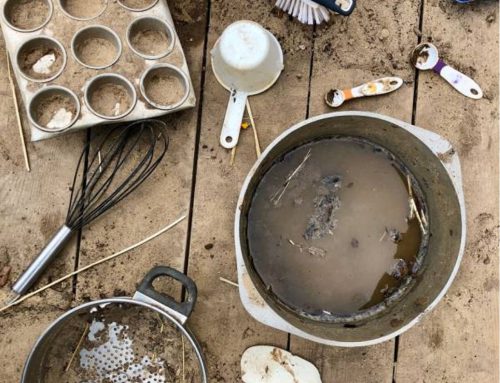It is generally accepted that weaning, for the vast majority of babies, should take place at around six months of age.
Until this point, breast milk or infant formula are the only things you need to feed.
But introducing solid food into your baby’s diet is a huge step, for both you and your little bundle of joy. So how do you know when it is the right time? What signs will your baby give you that they are ready to be weaned?
Here we look at the five most common signs that show your baby could be ready for solid food and why they’re important.
Baby can support themselves in a sitting position and hold their head stead.
To start on solids, it is important your baby has reached a level of development where he or she can physically support themselves. Being able to do so is one of the strongest signs baby is ready for weaning. Clearly, for your baby to be able to take her first foods, it is important they can sit up.
Baby can make chewing motions.
It is very important that your baby is able to swallow before you try to wean her or him. They must be able to move food around their mouth, and to the back of the mouth for swallowing. Developing the motor skills necessary for chewing is a strong sign that they will be able to swallow, and so able to take their first solid food. Weaning before reaching this stage could have a detrimental effect on your baby.
Baby has gained weight.
As a rule of thumb, babies are ready to start solid or semi-solid food by the time they have doubled their birth weight. This tends to happen around six months of age. If it happens significantly quicker than that, seek advice before starting to wean your little one.
Baby develops an interest in food.
If your baby starts to take an interest in your meals, and even starts to reach out and try to take food from your plate, this is a strong sign they are ready to move on to solid or semi-solid food. As long as he or she has the coordination to be able to support themselves and to chew and swallow, this is a good time to consider weaning.
Baby has developed the motor skills needed to eat.
Although you will no doubt continue to feed your baby after weaning, it is important that your baby has the motor skills to be able to pick up food and put it in their mouths. Once they are able to do this, it is not just a skill in itself, but it is a strong indicator they possess all the necessary coordination to be able to eat, chew and swallow solid food.
Although opinion on what age to wean your baby has differed across the generations, the World Health Organisation recommends that babies should be exclusively breastfed until they are six months old. The UK Department of Health and NHS Choices agree that complimentary feeding should take place at around six months.
Six months is also when most of the signs listed above will start to appear, so all evidence would suggest this is the best time to start the weaning process. Of course, if you need further advice on weaning, speak to your GP or another health professional.
In our next blog, we’ll be look at how to encourage your baby to explore different foods, particularly healthy foods, so keep an eye out for that.




